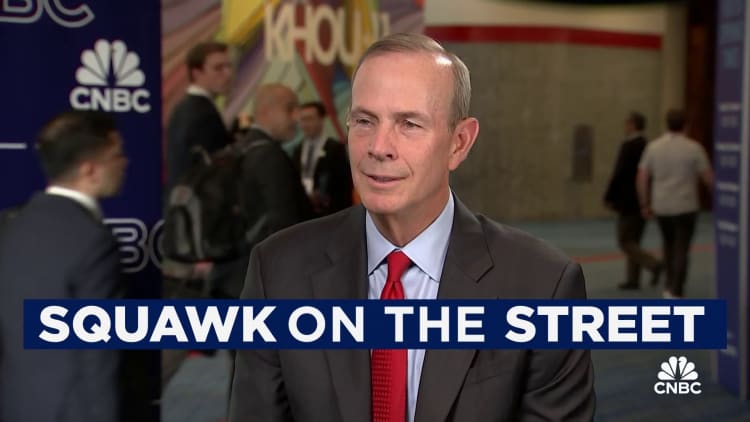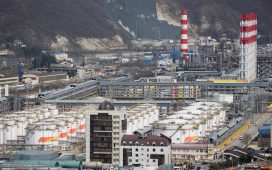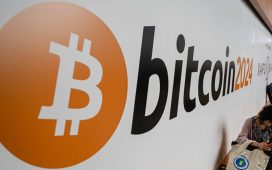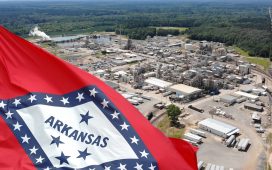
U.S. crude oil traded above $71 per barrel on Tuesday, as optimism grows that the Federal Reserve will cut interest rates this week and production is still disrupted in the Gulf of Mexico.
“Supply disruptions are making their mark, including Hurricane Francine’s impact on US Gulf of Mexico infrastructure,” said Svetlana Tretyakova, senior analyst at Rystad Energy.
“Expectations of a US Federal Reserve rate cut are gaining momentum, which could be good news for demand,” Tretyakova said.
Here are Tuesday’s energy prices:
- West Texas Intermediate October contract: $71.20 per barrel, up $1.11, or 1.58%. Year to date, U.S. crude oil is down about 1%.
- Brent November contract: $73.61 per barrel, up 86 cents, or about 1.18%. Year to date, the global benchmark has fallen nearly 5%.
- RBOB Gasoline October contract: $1.9929 per gallon, up 1.25%. Year to date, gasoline has declined more than 5%.
- Natural Gas October contract: $2.419 per thousand cubic feet, up 1.94%. Year to date, gas has pulled back nearly 5%.
More than 200,000 barrels per day remained offline in the Gulf as of Monday due to Hurricane Francine, according to the Bureau of Safety and Environmental Enforcement. Production from undamaged facilities will be brought back online immediately after checks have been completed, according to the agency.
The oil market is also bracing for the Fed’s decision Wednesday on interest rates. The central bank is widely expected to lower rates, though Wall Street is divided on the magnitude of the cut.
U.S. crude oil is down about 13% this quarter while Brent has fallen around 15% as demand slows in China, the world’s largest crude importer, and OPEC+ plans to increase production in December.
“Supply has been pretty strong,” Chevron CEO Mike Wirth told CNBC’s “Squawk on the Street” Tuesday.
“We’ve seen growth in supply primarily in the Americas,” Wirth said. “We’ve got OPEC with some capacity offline and demand has been a little less than most people expected as we see a slowing economy here, we’ve seen slower growth in China than I think most people expected.”







